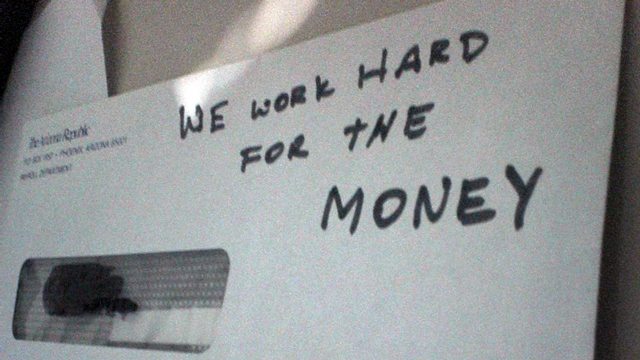Working for free can sometimes be a good idea if you’re able to pick up valuable skills you can’t get elsewhere. But, other times, when people ask you to do something for free or negotiate down to a cheap price, it’s just an insult you shouldn’t take.
Photo by AZAdam.
Andrew Griffiths writes on Inc that the projects that caused him the most grief over the years were always the free or cheap ones. It isn’t easy for many people, however, to say no to projects or negotiate their rates (I’m one of them). To get past this, Griffiths recommends tallying up how much time and money you’ve invested in your career to get to this point:
I suggest you take a moment right now and think about the following. How many hours have you actually spent learning about what you do? How much time have you invested in educating yourself? How much money have you invested in your chosen business? How much has getting to this point cost you? You have to value this investment and have the self respect to charge accordingly.
If you’re always getting lowball offers or being asked to work for “exposure,” it might be time to rethink your marketing and the kinds of clients you’re reaching out to. There’s also a flowchart that can help you decide when to work for free (if it’s for your mum, then yes).
Next Time Someone Wants You to Work for Free, Consider This [Inc.]

Comments